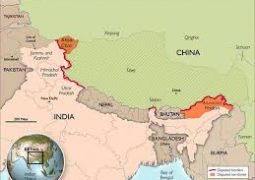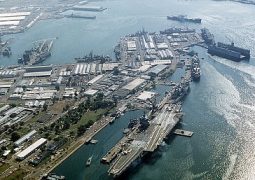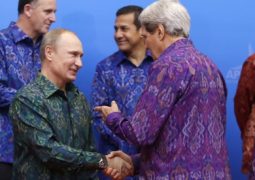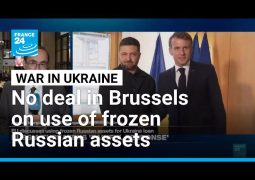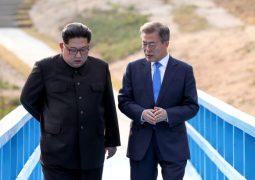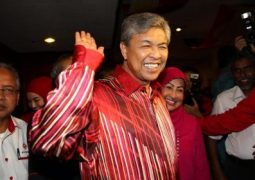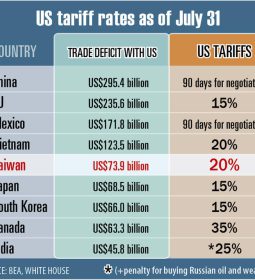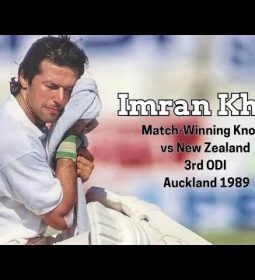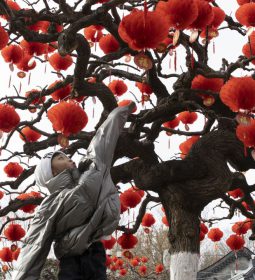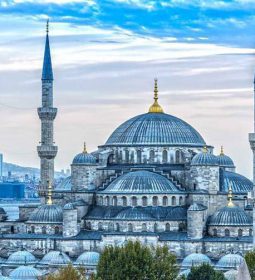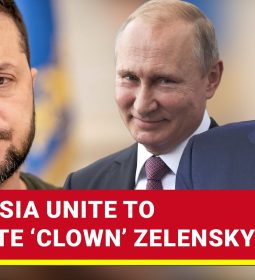Rainsy’s in Malaysia, Sokha’s out of jail. Is Cambodia’s Hun Sen in a pickle?
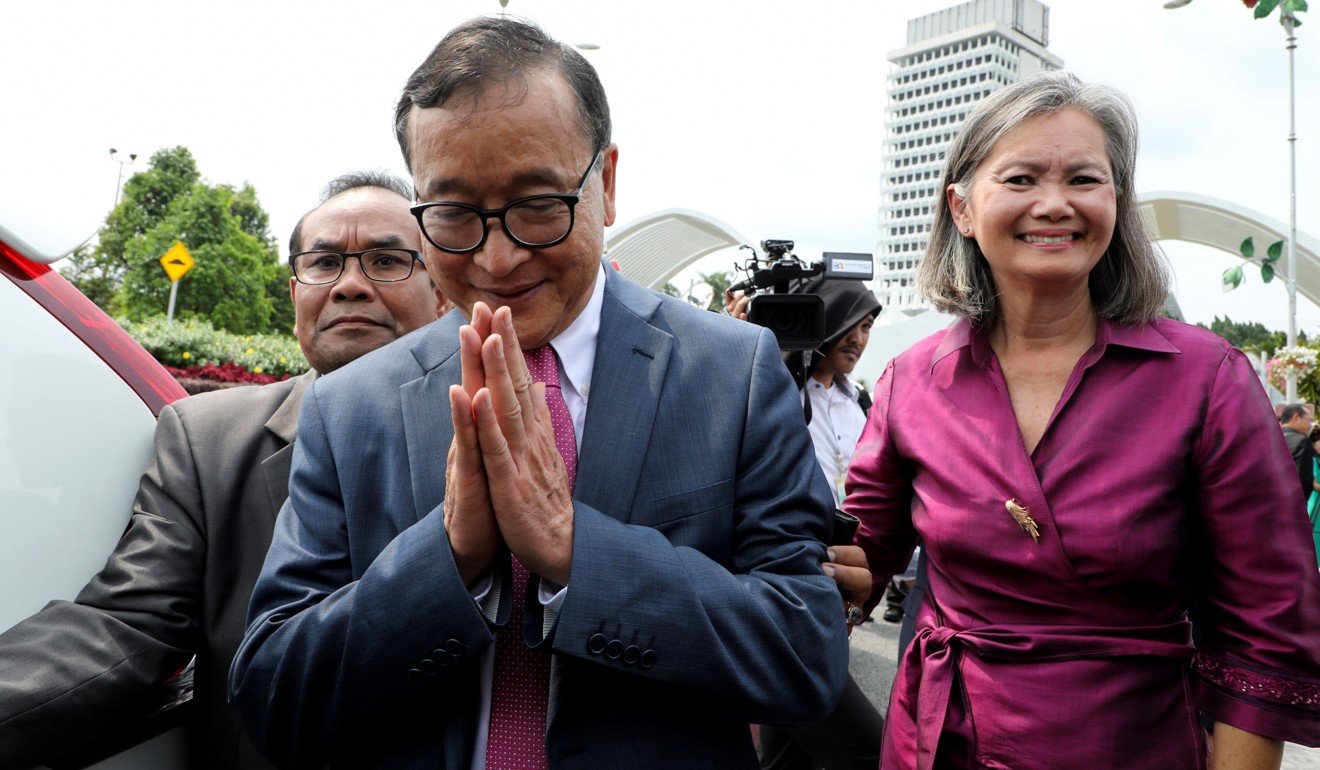
Cambodian strongman Hun Sen’s crackdown on his political opponents continued apace last week, when he called on fellow Southeast Asian nations to arrest senior opposition figures Sam Rainsy and Mu Sochua, accusing them of planning a coup.
They and other officials of the banned Cambodia National Rescue Party (CNRP), which was dissolved ahead of elections in 2017 that poll watchers from Western nations described as farcical, had pledged to return to Cambodia by November 9, the day of its independence from France.
In recent months, Cambodian security forces have arrested close to 50 people accused of fomenting dissent and the military said it would fortify its borders to prevent Rainsy and other figures from entering the country by land.
Police with assault rifles massed at the Poipet border crossing with Thailand on Saturday. In the capital, Phnom Penh, security forces patrolled in pickup trucks during celebrations for the 66th anniversary of independence.
But in a twist, a Cambodian court on Sunday freed Kem Sokha, the co-founder of the CNRP over health concerns. The 66-year-old who was jailed in 2017 over accusations of treason, is forbidden from leaving Cambodia or joining political activities.
Hun Sen, 67, has ruled Cambodia, which has 16 million citizens and is heavily reliant on Chinese investments and tourism, since 1985.
WHAT’S HAPPENED AND WHY?
Rainsy, a former finance minister who has been in self-exile in France since 2015, had pledged to lead a movement to oust Hun Sen. He had been charged with criminal defamation and given a two-year prison sentence. Other legal cases have since been lodged against him.
Rainsy said he would leave Paris for Thailand and enter Cambodia by land. Last Thursday, he was stopped from getting on a flight to Bangkok and went to Kuala Lumpur instead. Cambodia has said he can enter the country but must face his criminal sentence.
Mu Sochua, who has an American passport, met human rights activists last week when the Cambodian Ambassador to Indonesia barged into the press conference and later urged Jakarta to deport her.
Mu Sochua then headed to Kuala Lumpur where she was interviewed by immigration officials who then released her but said she would have to leave the country by this week.
While Kem Sokha and Rainsy are political partners, they are also rivals. There is bad blood between both their supporters because of the former’s willingness to remain in Cambodia with Rainsy choosing to leave.
While Kem Sokha is barred from engaging in political activity, his freedom now allows him to be seen as an alternative leader to Rainsy.
Analyst Sophal Ear, of Occidental College in the US, said: “It’s very clear what the ruling party wants to do: release Kem Sokha so he can fight Sam Rainsy. They hope for a cage fight and to create a narrative of good CNRP faction (Kem Sokha) versus bad CNRP faction (Sam Rainsy), just like good Khmer Rouge (Hun Sen) versus bad Khmer Rouge (Pol Pot).”
WHY ARE SAM RAINSY AND MU SOCHUA IN MALAYSIA?
Thailand refused entry to Rainsy, 70 and Mu Sochua, 65, but Malaysia allowed both to enter, with Foreign Affairs Minister Saifuddin Abdullah saying they were not doing so as Cambodian citizens but were using foreign passports.
But, he added, he hoped the pair would not use Malaysia “as a platform to mobilise their political movement”.
Upon his arrival in Kuala Lumpur, Rainsy invoked Malaysia as a model to be followed by Cambodia.
“We are on the right track,” Rainsy told reporters at the airport. “Democracy has prevailed in Malaysia, democracy will prevail in Cambodia.”
Rainsy said he would be in Malaysia for “a few days” meeting “like-minded friends” but would not confirm when he would be leaving.
He is expected to meet with Malaysian parliamentarians on Tuesday, at the invitation of Nurul Izzah, the daughter of the Prime Minister-in-waiting Anwar Ibrahim.
A Cambodian foreign ministry spokesman, Koy Kuong, said the government respected Malaysia’s internal affairs while noting that it had recently said it would not be used as a base for a struggle against any foreign country.
“Malaysia deserves kudos,” said Phil Robertson of US-based Human Rights Watch. “More countries in Asean need to emulate Malaysia going forward if the bloc is ever going to shake the moniker of being primarily a dictator’s club.”
The US, for its part, has warned Asean nations against handing dissidents over to the Cambodian regime, saying returnees may be at risk of persecution or torture.
WHAT COULD HAPPEN NEXT?
Hun Sen is under international pressure to ease restrictions on dissent as the European Union considers revoking a duty-free tariff scheme for Cambodia’s lucrative garment sector, alleging that it has deficiencies in labour and human rights.
It is due to take a decision on next steps this week.
The “Everything but Arms” programme has granted Cambodia preferential access to the European market for products other than weapons, and the EU is now Cambodia’s largest trading partner, accounting for 45 per cent of all exports in 2018, including garments, footwear and bicycles.
However, Sophal Ear warned Hun Sen’s regime was “setting a trap” by appearing to make concessions.
“Saying ‘culprit’ Sam Rainsy can return but go to jail is like giving a gift in one hand and taking it away in the other,” he said.
“Releasing Kem Sokha from house arrest but not letting him engage in politics or leave the country is the same thing. On the surface, Phnom Penh presents these ‘gifts’ to the West thinking that the EU and the US will be duped into believing this is a major development and huge for freedom and democracy.”
On Monday, Kem Sokha met the French Ambassador to Cambodia for talks.
Rainsy told Reuters in an interview over the weekend that he would organise protests all over Cambodia and start a campaign on Facebook to put pressure on Hun Sen, though he acknowledged that sharing anti-Hun Sen messages on social media was risky for Cambodians
He said he would not confirm or deny any attempt to reach Cambodia from Malaysia, which has no border with Cambodia.
“We have friends everywhere, in every party so I feel at home here,” Rainsy said. “Of course I want to go back to my home country.”
Additional reporting by Agence France-Presse, Associated Press, Reuters and Bloomberg
South China Morning Post
- Previous Washington voices ‘grave concern’ over Hong Kong clashes, calls for restraint on all sides
- Next Cambodia ‘playing with fire’ by cosying up to China, says opposition figure Sam Rainsy



